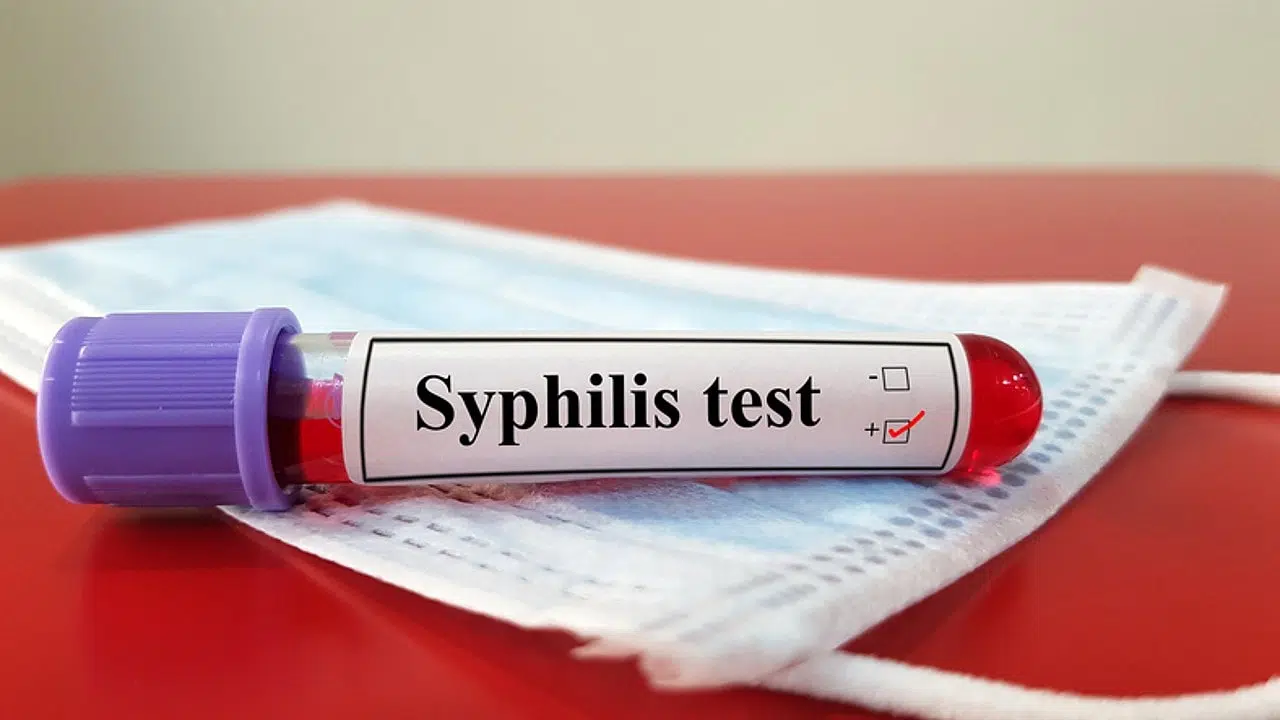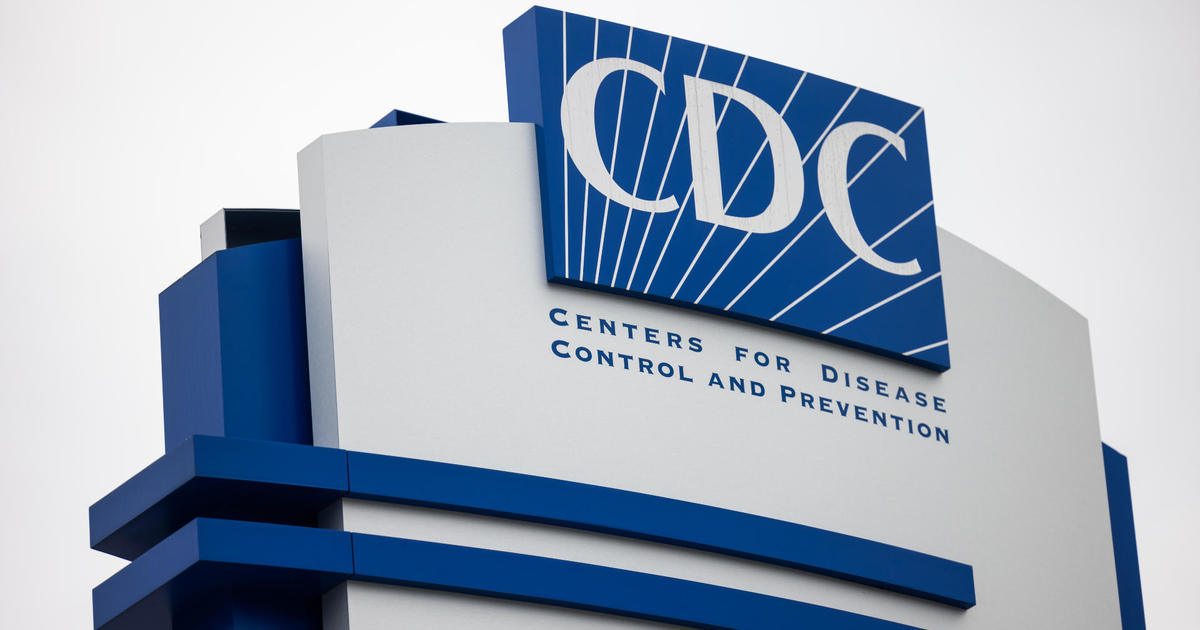In a recent report, the Centers for Disease Control and Prevention (CDC) highlighted a concerning trend: nearly a quarter of syphilis cases in the United States were diagnosed in women in 2022.
This indicates a significant shift in the spread of this sexually transmitted infection (STI) among heterosexual couples.
The number of reported syphilis cases in women increased by 19.5% in 2022, totaling 14,652 cases of primary and secondary syphilis, which are the initial stages of the disease.
This represents approximately a quarter of the 59,016 cases reported nationwide. In 2018, only 14% of syphilis cases were reported in women.
Despite this increase among women, men who have sex with men continue to account for a disproportionately large share of syphilis cases, according to the CDC.
The resurgence of syphilis has been a growing concern among health officials for years. The final figures for 2022 mark the highest number of diagnosed cases nationwide since the 1950s.
Historically, the introduction of penicillin led to a significant decline in syphilis rates during the last century, with peak cases reported in the 1940s.
The 1990s saw another peak before a decline that experts attribute to changes in sexual behavior influenced by the HIV epidemic.
Dr. Jonathan Mermin, director of the CDC’s National Center for HIV, Viral Hepatitis, STD, and TB Prevention, emphasized the necessity of robust public health systems and tailored prevention strategies to control syphilis and other STIs.
“Controlling syphilis and other sexually transmitted infections (STIs) requires robust public health systems and workforces, and prevention strategies that are tailored to the specific needs of affected communities. There are no shortcuts to syphilis control,” Mermin stated.
Syphilis rates have been on the rise annually since 2011, particularly among Black and American Indian populations. Mermin highlighted the intersection of syphilis with other epidemics, such as drug use, especially methamphetamine, which contributes to risky behaviors that facilitate the spread of the bacteria.

The symptoms of syphilis are caused by the bacterium T. pallidum and typically begin with painless ulcers. If left untreated, syphilis can lead to severe complications, including infections in the brain or nervous system (neurosyphilis).
Cases of congenital syphilis, where the infection is passed from mother to baby during pregnancy, have also been increasing.
In 2022, the CDC reported more than 102 cases per 100,000 babies born in the U.S., a rate significantly higher than in other comparable countries.
In contrast to syphilis, the rates of some other STIs showed different trends in 2022. Chlamydia cases remained relatively stable compared to the previous year, while gonorrhea rates decreased by 8.7%.
Mermin expressed cautious optimism about the decline in gonorrhea rates and emphasized the need for continued monitoring and understanding of these trends.
The CDC’s final tally for 2022 underscores the urgency of addressing the STI crisis, particularly in light of recent funding cuts and shortages in critical treatments.
“The CDC’s latest STI data shows that our nation is facing a rapidly deteriorating public health crisis with real lives at stake. STIs – especially syphilis – will continue to spiral out of control until the administration and Congress provide communities with the funding they need,” remarked the National Coalition of STD Directors in response.
The group has previously raised concerns about shortages of Pfizer’s Bicillin L-A, the recommended treatment for pregnant women and their babies to prevent congenital syphilis.
The CDC has attributed a significant number of recent congenital syphilis cases to delays and gaps in testing and treatment.
Despite these challenges, recent FDA approval of temporary imports of the drug from Europe aims to alleviate shortages. However, the public health response has also been hindered by layoffs of federally-funded workers tasked with STI prevention.
Addressing these issues, Health and Human Services Secretary Xavier Becerra announced the mobilization of a new task force to respond to the syphilis resurgence.
“The syphilis crisis in our country is unacceptable. The Biden-Harris Administration is committed to addressing this urgent issue and using all available means to eliminate disparities in our health care system,” said Secretary Becerra in a statement.
